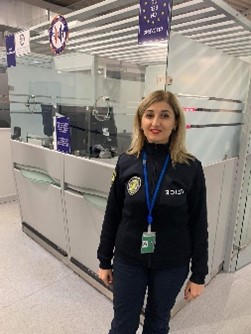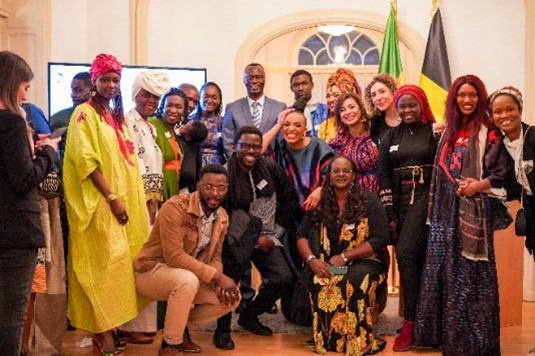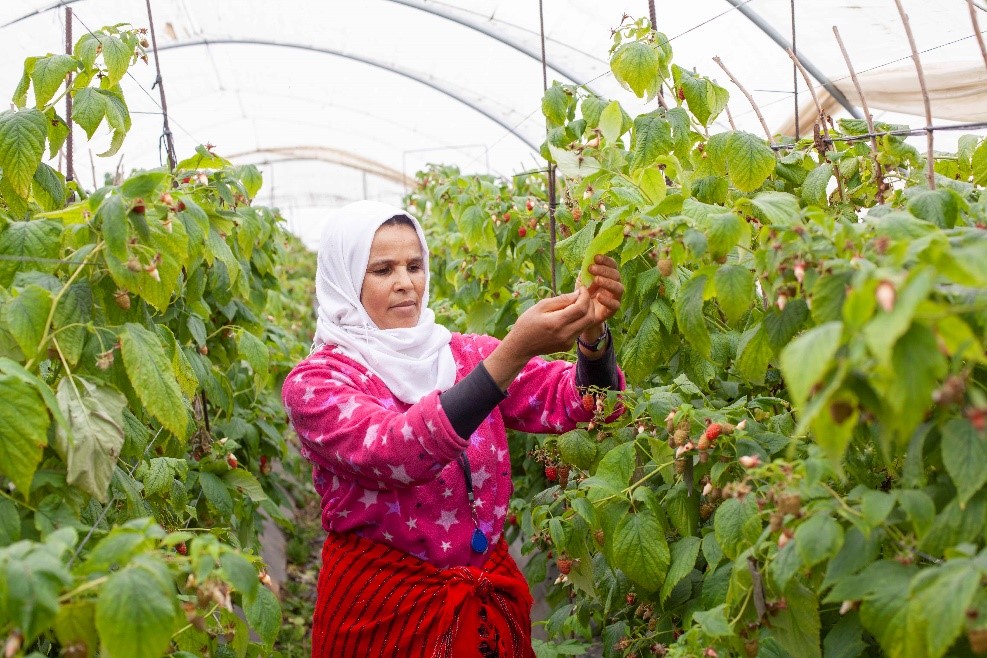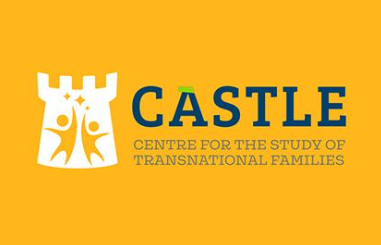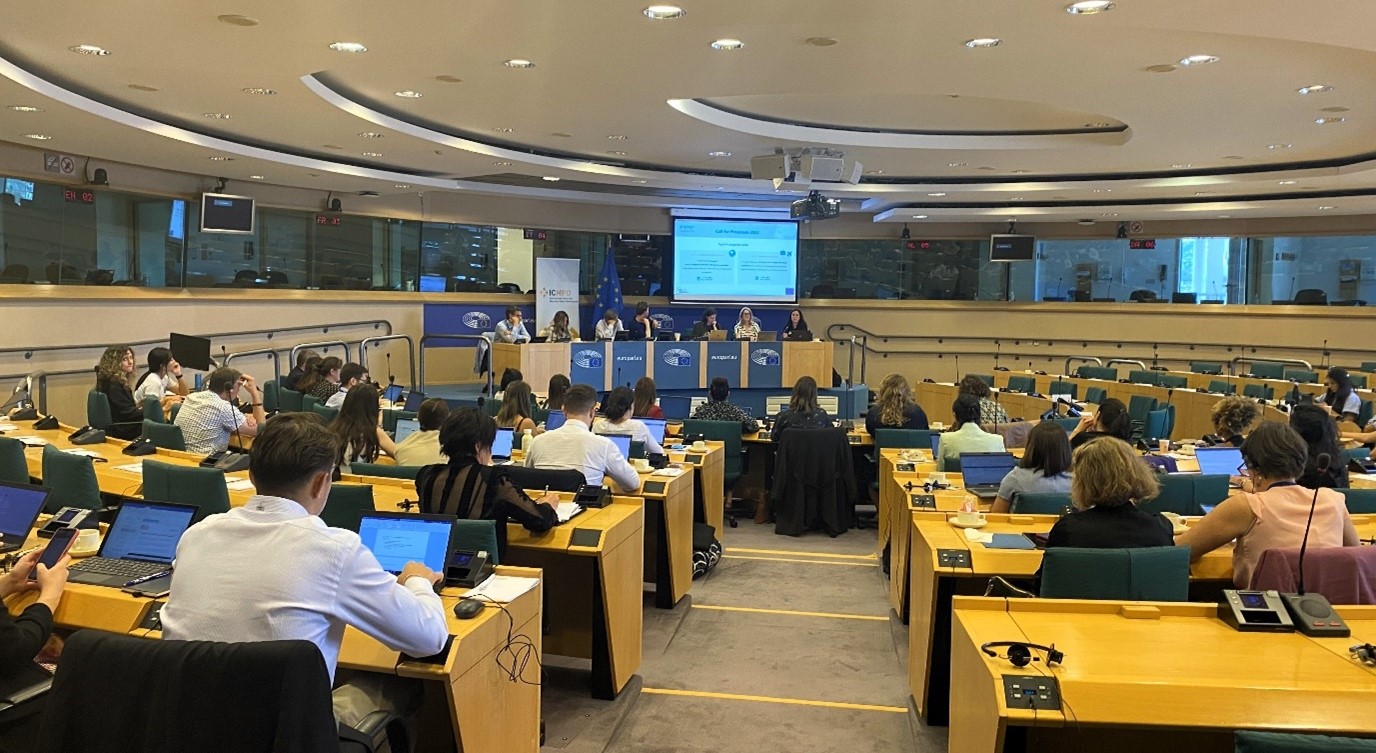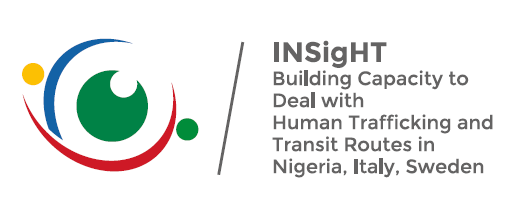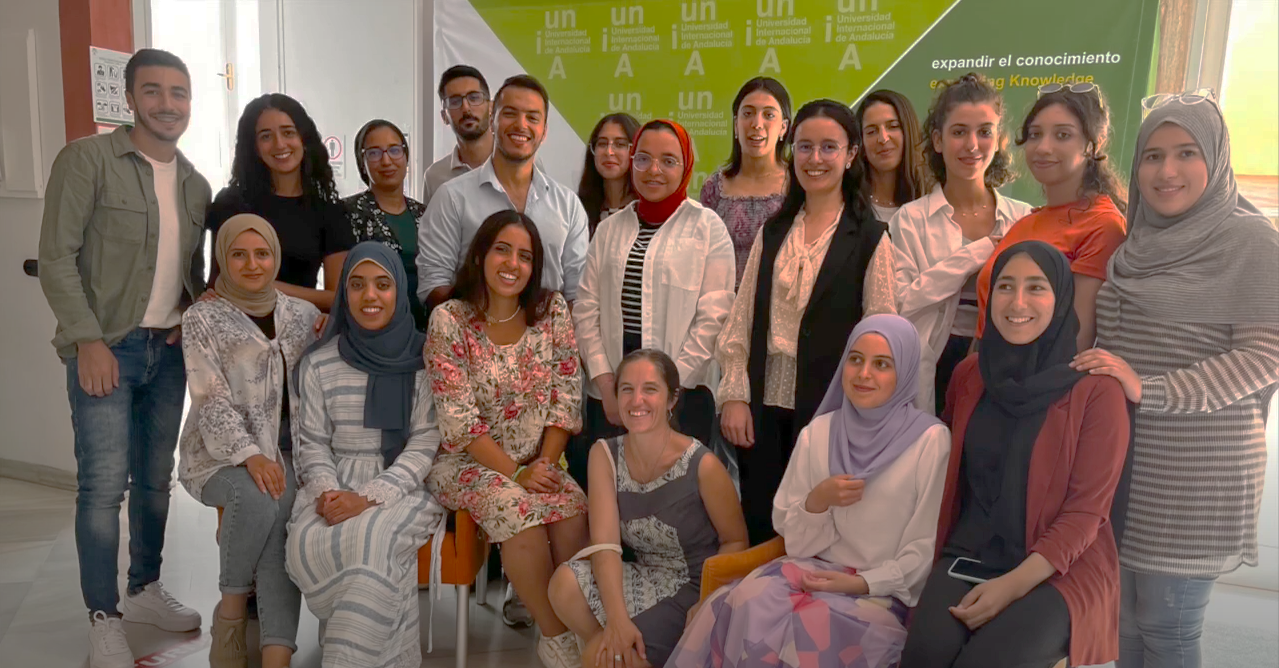The EU-funded project, entitled 'Women as Financially Independent Rural Actors - WAFIRA' has the concept of 'abundance' at its core. This abundance, which in fact, translates to WAFIRA in Arabic, is representative of the harvest season, for which thousands of Moroccan migrant women travel to Spain each year, but above all the development impact and socio-economic prospects for migrant workers brought about by the initiative.
Hanan, Fatima, Latifa and Fatiha are just four of the 250 women who have benefited from the training on self-employment and entrepreneurship skills provided by WAFIRA. They come from towns in north-western Morocco such as Khemisset and Ksar El Kebir and travel to Spain, year after year, aiming to secure a means of economic livelihood and a better future for their children and families. Their testimonies have been collected in short video clips (available below), in which the participants themselves recount their experience and what lies ahead for them: a new adventure that will lead them to put to the test the skills they acquired during their stay in Spain upon their return to Morocco.
In their decision to join WAFIRA, Hanan, Fatima, Latifa and Fatiha shared a common determination and thirst for learning, exemplifying the transformative impact of education and perseverance. Their involvement in the training courses nurtured their curiosity and ambition and proved to be an opportunity to put their dreams into practice: Fatima plans to open a small grocery shop; Fatiha aims to offer sewing services; Latifa will start a business selling snails; and Hanan is determined to create a stable source of income for herself through her bakery.
These women are among the thousands of Moroccan women who, as part of a decades-long programme of circular labour mobility between Spain and Morocco called GECCO, migrate seasonally to the other coast of the Mediterranean, where they contribute to the agricultural harvest of strawberries.


